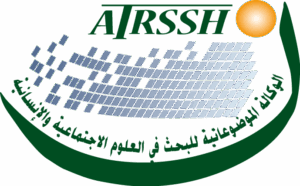Work is one of the current major challenges facing Algerian society. The complexity of these issues challenges researchers in the social sciences and humanities, particularly from the perspective of socio-economic development. Through field surveys, case studies or the development of new visions, the proposed axes constitute an important starting point for addressing issues related to purchasing power, unemployment issues and social stability in Algeria.
-
- Employment problems in the public and private sectors:
Employment is at the heart of Algeria’s socio-economic concerns. By focusing on this axis, we can identify specific employment challenges in the public and private sectors and propose solutions to strengthen the Algerian labour market.
Operational objectives:
– Analyse employment dynamics in the public and private sectors in Algeria.
– Identify barriers to employment, including skills, training, and structural problems.
– Make recommendations to promote sustainable job creation.
- Labour and purchasing power:
Purchasing power is an essential element of Algerians’ quality of life. By looking at this axis, we can explore the links between work, wages, and living standards, and propose measures to improve household purchasing power.
Operational objectives:
– Study the relationship between labour and purchasing power in Algeria.
– Analyse the factors influencing wages and working conditions.
– Propose strategies to increase the purchasing power of workers.
- Labour and social stability:
Social stability is an essential pillar of Algeria’s sustainable development. By looking at this axis, we can assess how work contributes to social stability and community cohesion, and propose recommendations to strengthen these links.
Operational objectives:
– Examine the role of labour in building social stability in Algeria.
– Assess the impact of stable jobs on social cohesion and quality of life.
– Make recommendations to promote social stability through work.


